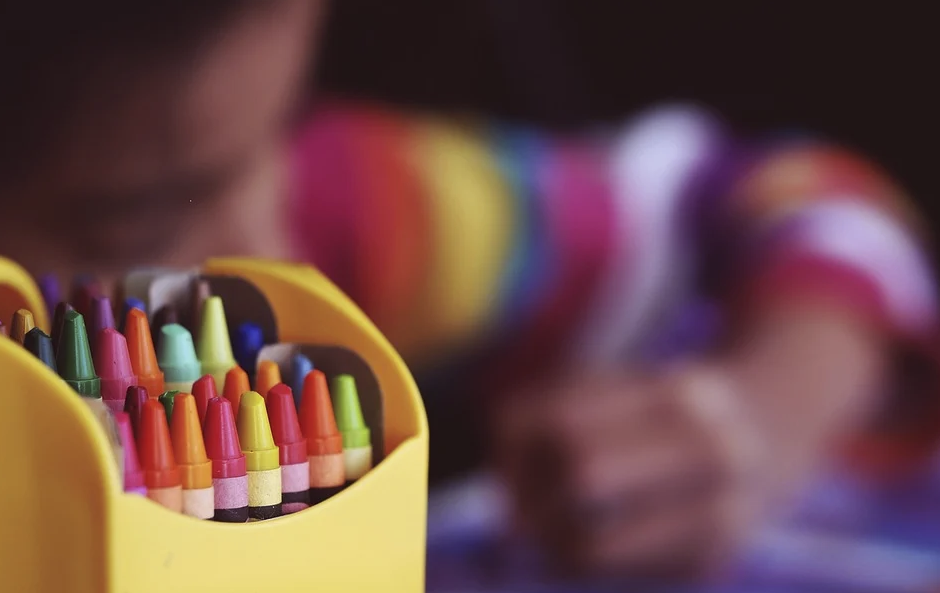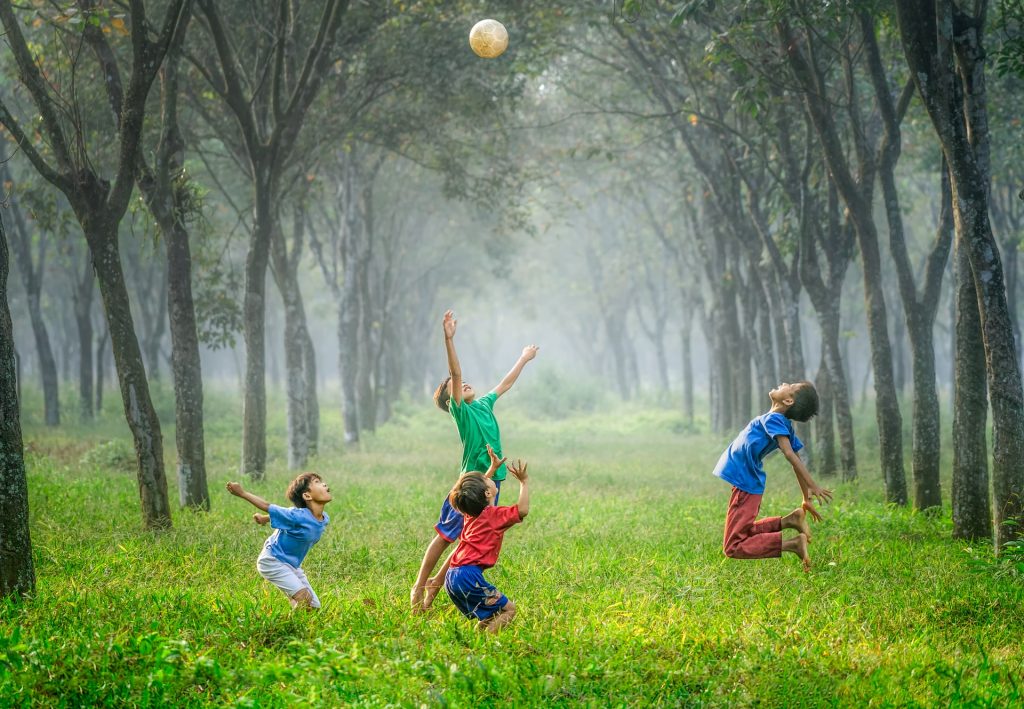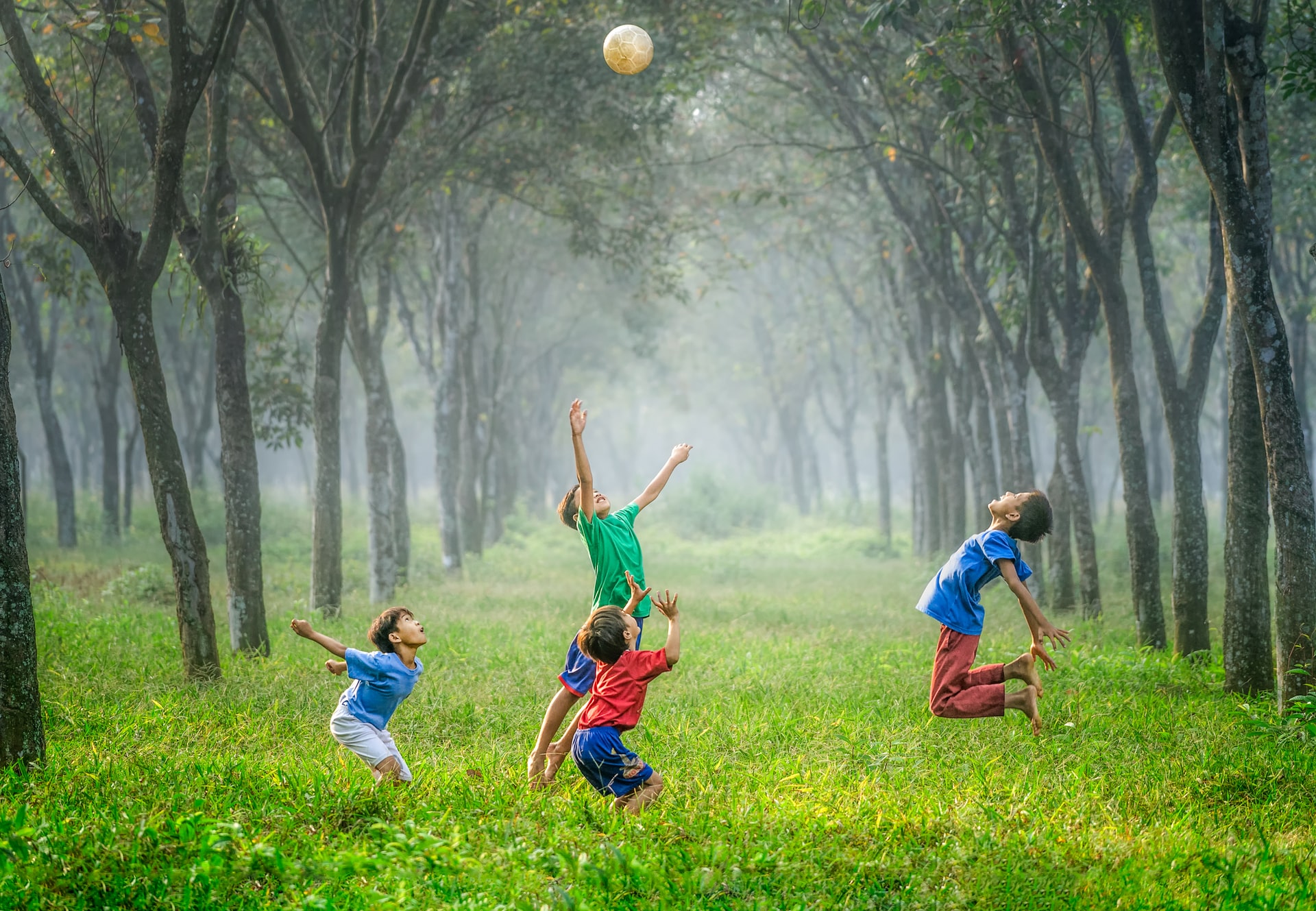Il Covid continues to keep us in check. From this week also theItaly has entered a new lockdown. This time they call it light. The fact is that many, after months of hope, have plunged back into a profound state of malaise. The economic fortunes of many Italian families are hanging by a thread. Will the new measures adopted succeed in appeasing the souls of so many desperate people? To pay a high social price are also the children forced back into isolation. We at italiani.it we talked about it with dr. Luigi Sorrentino, psychologist and psychotherapist who deals with panic attacks, anxiety, depression, phobias and relationship problems. It seemed important to us to have the expert opinion that could clarify our doubts in such a difficult time for Italian families.
The loneliness of children
In the Italy of only children, this new one quarantine and how it weighs on the little ones forced again between domestic walls and to rely on a digital device to see teachers and classmates. Whole days spent between video lessons, video chat with friends and then finally to get distracted? A game, a film, a cartoon but always connected to the Internet. My ten-year-old even attended the Halloween party on her mobile: all the masked friends connected on meet. And while parents are worried about the economic future, these hyper-connected and lonely children risk psychological damage.

What consequences for children?
Sorrento. Prolonged states of isolation can cause - in children as well as adults - states of anxiety, irritability and difficulty falling asleep. We must not forget that children need contact with their peers, to run, fall and get hurt. To physically help a friend in need. Isolation precludes these fundamental opportunities above all for emotional growth, but also for the construction of values, meanings and a real perception of the world through direct experience.
Concerned parents: here are the statistics
In confirmation of what Dr. Sorrentino, we can cite the data of one recent survey conducted by Italian Society of Pediatric Primary Care (SICuPP) in collaboration with the University of Milano-Bicocca out of a sample of 3.000 families. The research concerns children aged 1 to 10. 81% of parents with children up to 5 years he noticed a greater irritability and an increase in the whims of the little ones. 37,4% difficulty falling asleep while 40% wakes up in the night.

Increase the listlessness (54,6%) while the time spent in front of the TV worries a lot (66,6%) e the massive use of digital technologies. Positive that 83% of children from 6 to 10 years has shown great capacity to accept limitations, demonstrating resilience. However, there is a sobering figure that contrasts: 72,4% of older children have difficulty falling asleep. What is detected and then the time spent with the technologies: from 4 to 6 hours a day as an average. Really many. The future ones are especially worrying social relations some children.
What advice for families?
Sorrento. Have children use passive games that may seem silly but actually allow them to develop a lot of imagination. Precisely because the toy is passive. If in the 80s instead of getting an old typewriter, I had taken a smartphoneFortunately, they did not exist, certainly I would never have written very nice and passionate stories at the age of 7 in those endless afternoons of the last century.
Didn't you play video games?
Sorrento. Obviously yes. I also played videogames. But the frustration of having to wait several minutes to load the game with the old Commodore 64 meant that after a while I would go down to play with the other children. In ancient Greece, Professor reminds us Umberto Galimberti (world famous philosopher and anthropologist, ed) the technique and the speed, they should never be out of measure. Prometheus, who represented the technique, had his wings tied.

Active games, in fact, even if they help in different cognitive and intuitive abilities, still have an already elaborate fantasy, that of the programmer. Therefore, they do not allow the child to develop the entire remaining spectrum of skills and intelligence. Laziness or being overweight in many adults and children, for example, leads to choices that, had they been less trained in inertia, they would never have made. With the lockdown it is therefore easier to exacerbate these toxic behavior.
So how should parents behave?
Sorrento. Families today are better prepared than in the first lockdown and they know they shouldn't encourage phobic or anxious behaviors around the house. Let us remember, in fact, that it is they who act as a social model. There is no society without family models. Children watch how we behave. Being afraid is healthy and normal. If they see that we are terrified they will learn that. The little ones learn more from our gestures than from words, therefore from how we behave. Be careful, therefore, to have anxious and alarming attitudes. We must try, as far as possible, to instill tranquility and security.





